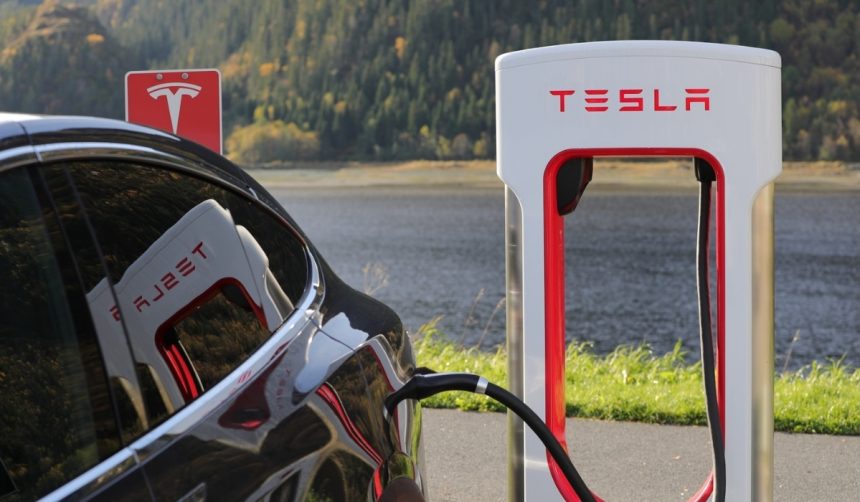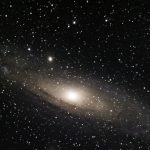In a recent development within the electric vehicle industry, Robin Zeng, chairman of Contemporary Amperex Technology Co. Limited (CATL), expressed skepticism about the long-term viability of Tesla‘s 4680 battery cell. This statement comes amidst Tesla’s significant production milestones for the same battery model. The automotive sector watches closely as major players like CATL and Tesla navigate advancements in battery technology, crucial for the future of electric vehicles.
Over the past year, Tesla has been aggressively scaling up its production capabilities for the 4680 battery cell, reaching milestones such as the production of its 100 millionth cell at Gigafactory Texas and expanding its facilities in Nevada. These efforts highlight Tesla’s commitment to enhancing its battery technology, which contrasts with CATL’s recent public criticism.
Will Tesla’s 4680 Battery Overcome Challenges?
Despite Zeng’s doubts, Tesla continues to make strides in 4680 battery production. In September, the company reported the production of its 100 millionth cell at Gigafactory Texas and is expanding its Gigafactory Nevada to boost production to an anticipated 500 GWh in the future.
How Are CATL and Tesla Collaborating Despite Criticism?
Tesla and CATL have a licensing agreement for battery technology in Nevada, set to launch in 2025. This partnership indicates a complex relationship where collaboration exists alongside competitive tensions, as highlighted by Zeng’s criticism of Tesla’s battery approach.
What Are the Implications of Zeng’s Statements on Tesla’s FSD?
“He’s all in…I think it’s a good direction,”
Zeng commented on Tesla’s Supervised Full Self-Driving (FSD) system, acknowledging the company’s focused approach using camera sensors over multiple redundant technologies. However, he also criticized Musk for setting overly optimistic timelines for technological advancements, suggesting that some projects may require more time to mature.
Looking ahead, CATL expressed interest in establishing a U.S. production facility, contingent on favorable policies under the current U.S. administration. This move could influence the competitive dynamics between CATL and Tesla in the American market.
The ongoing discourse between CATL and Tesla underscores the rapid evolution and high stakes in the electric vehicle industry. As both companies push the boundaries of battery technology, their interactions reflect broader challenges in balancing innovation, production scaling, and strategic partnerships. Stakeholders will benefit from monitoring these developments, as they hold significant implications for the future of electric mobility and battery innovations.
- CATL’s chairman questions Tesla’s 4680 battery success.
- Tesla advances 4680 production despite criticisms.
- Partnership and competition shape EV battery landscape.










